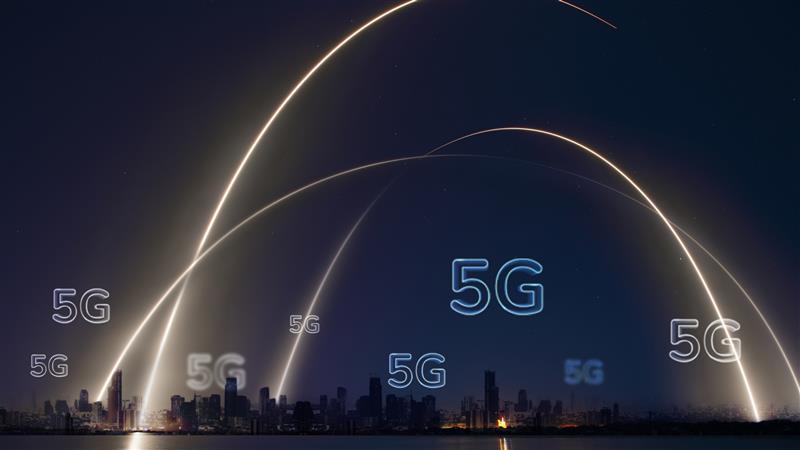
Global 5G infrastructure deployment is now dominated by a handful of leading companies, with Huawei, Ericsson, and Nokia locked in a battle for market share against US-sanctioned ZTE and Samsung. The market for the best 5G advanced telecommunications equipment manufacturers 2025 is projected to exceed $150 billion. Let’s dive in.
According to market analysis, a mere five giants now command 5G infrastructure for global supply, encompassing almost everything. From core network solutions to radio access network (RAN) equipment – the backbone of cellular services.
It’s an economic and social transformation where organizations, and governments, invest heavily in 5G infrastructure investment to unlock efficiency across sectors.
The need for high-speed, low-latency networks only increases, especially as Internet of Thing (IoT) devices, remote operations, and AI become tools used daily in industries. But this brings difficulty, as the cost of the best telecom equipment for 5G deployment and the current trade tensions between big economies freeze adoption in emerging economies.
5G Network Infrastructure Companies
The biggest 5G infrastructure companies, Ericsson, Nokia, Huawei, and Samsung, are pushing for new wireless communications technology. Sweden’s Ericsson develops radio access and core network offerings that deliver safe, scalable connectivity to consumers and businesses.
Among the 5G infrastructure companies is Finland’s Nokia that offers next-gen 5G platforms that integrate cloud and edge technologies, essential to power data-intensive environments like manufacturing and logistics.
Huawei technologies remain one of the top companies building 5G infrastructure in Asia, expanding global 5G availability. Despite the criticism, it has faced concerns over data security but continues to offer key innovations in network optimization and spectrum efficiency.
Meanwhile, Samsung is leveraging its leadership in consumer technology to be part of the companies building 5G infrastructure, providing flexible, high-performance solutions for governments and mobile operators.
5G private network vendors are also collaborating with foreign chip makers and software giants to create leaner and more scalable networks. The intent is to develop networks that deal with volumes of data traffic without compromising power consumption efficiency.
Top Telecom Equipment Manufacturers for IoT Integration
Two of the new areas of interest among the best 5G advanced telecommunications equipment manufacturers 2025 are private and industrial 5G networks. Enterprises and organizations are now turning to private 5G network architecture to build customized, secure, and high-speed networks.
These telecom equipment manufacturers and settings are vital to healthcare, transport, and energy industries where real-time data exchange is based on reliability can mean safety and efficiency.
Private 5G network providers’ ecosystem is expanding significantly, where the offering of personalized, adaptive infrastructure that can be used for a particular enterprise is taking place. Such growth is also directly linked with the growing importance of IoT technology, where billions of IoT devices are dependent on fast, stable connectivity.
Top telco providers like Intel, Qualcomm, and Cisco are creating chips and software that imbue vehicles, sensors, and machines with real-time intelligence. With digital development accelerating, the top telecom equipment manufacturers 2025 stand at the forefront of a connected future.
Inside Telecom provides you with an extensive list of content covering all aspects of the tech industry. Keep an eye on our Telecom sections to stay informed and up-to-date with our daily articles.